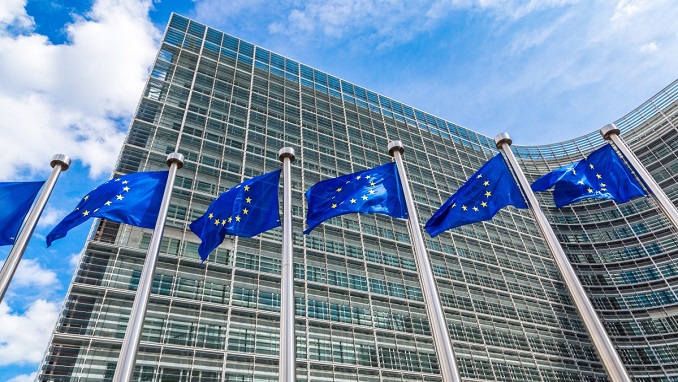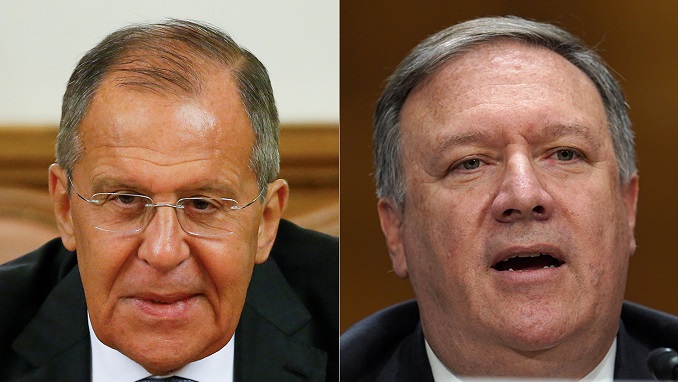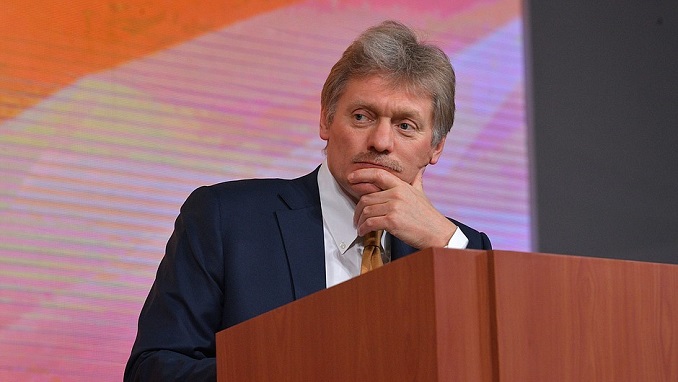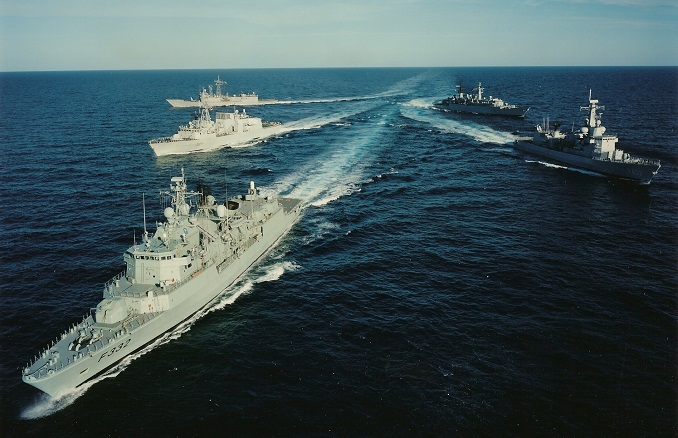The European Union will likely impose new sanctions on Moscow over the poisoning of Russian opposition leader Alexei Navalny, but not straight away to give time to uncover the culprits, according to the bloc’s executive and diplomatic sources, Reuters reported.
German Chancellor Angela Merkel said on Wednesday the Kremlin critic, who is in intensive care in a Berlin hospital, was poisoned with a Soviet-style Novichok nerve agent in an attempt to murder him.
European Commission spokesman Peter Stano said Russia needed to carry out a credible, independent probe to bring the perpetrators to justice and that the bloc would react based on Moscow’s next steps. Moscow has denied involvement and has urged the West not to rush to judgment.
“It is not normal, it is not acceptable that someone is subject of assassination attempt with a chemical agent which is military-grade and should not be freely available and circulating around in our society, or in the Russian society,” he said.
Responding to calls for punishment, he said: “It’s difficult to speak about punishment if you don’t have (those) responsible at this stage.”
Stano said the 27-nation bloc has already started talks about how to respond and that Russia’s track-record of investigating past killings of prominent Kremlin critics like Anna Politkovskaya, Sergei Magnitsky or Boris Nemtsov was poor.
“We’ll take some time and then we are headed for sanctions most likely,” a senior EU diplomat told Reuters under condition of anonymity, adding that the process would take several weeks.
In a statement issued late on Thursday on behalf of all the 27 EU member states, the bloc’s top diplomat, Josep Borrell, called on Moscow to work with the Organization for the Prohibition of Chemical Weapons in an international probe.
The EU, which requires unanimity of all its members to impose sanctions, already has such restrictive measures in place on Moscow over the turmoil in Ukraine.
The EU hit Russia’s energy, financial and arms sectors after Moscow annexed Crimea from Ukraine in 2014 and went on to back rebels fighting Kyiv troops in the east of the country.
The bloc also has a ban on doing business with the Russia-annexed Crimea. A third batch of EU sanctions blacklists people and firms the bloc sees as instrumental in spreading havoc in Ukraine, a former Moscow satellite.
Adding more names to the blacklist would be the quickest option for the EU, which also has a separate sanctions regime for the use and proliferation of chemical weapons regardless of nationality or location.
That is important in the case of Navalny, a Russian citizen who was attacked on Russian soil.
After the 2018 Novichok attack in the English town of Salisbury, the bloc expelled more than 100 Russian diplomats from Europe.



